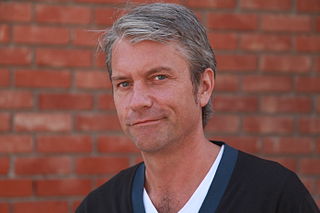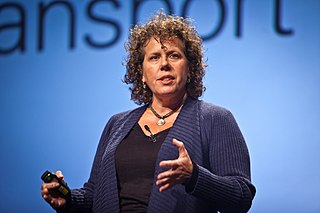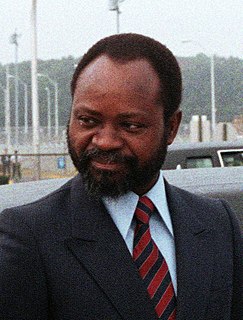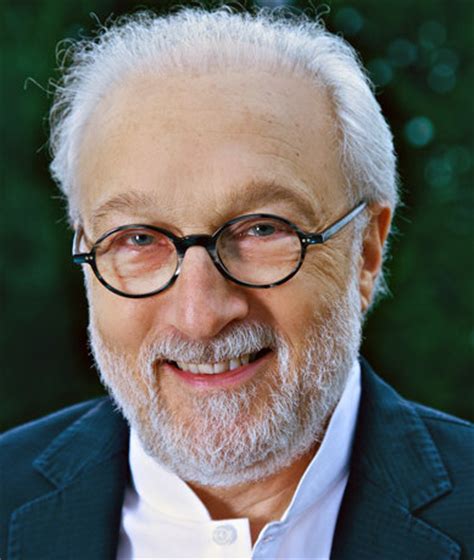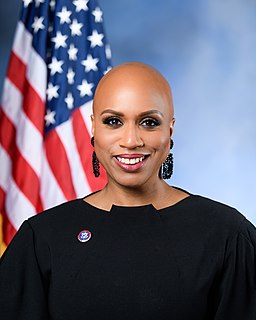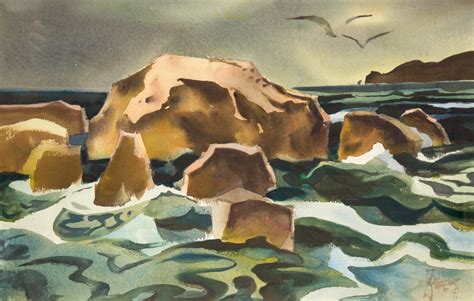A Quote by Herb Brooks
My recruiting key - I looked for PEOPLE first, athletes second. I wanted people with a sound value system as you cannot buy values. You're only as good as your values. I learned early on that you do not put greatness into people...but somehow try to pull it out.
Related Quotes
Perhaps the most significant thing a person can know about himself is to understand his own system of values. Almost every thing we do is a reflection of our own personal value system. What do we mean by values? Our values are what we want out of life. No one is born with a set of values. Except for our basic physiological needs such as air, water, and food, most of our values are acquired after birth.
The key is to be true to your community's norms and values. You can't just force yourself on people and try to sell them something they don't want - that's good advice for marketers generally, but particularly on community-driven sites like MySpace. You have to find ways to add value to your members' lives while being consistent with your brand's identity.
A good ad is one simple idea, with humanity in it, that connects with consumers, that represents the value system of a company and then can connect it with the consumer. We always say a brand is set of shared values. So if you can simply demonstrate your value system as a brand, so that a consumer could say, "Ah, our values line up. I vote for you, brand!" that's a good ad.
One of the great arts in living is to learn the art of accurately appraising values. Everything that we think, that we earn, that we have given to us, that in any way touches our consciousness, has its own value. These values are apt to change with the mood, with time, or because of circumstances. We cannot safely tie to any material value. The values of all material possessions change continually, sometimes over night. Nothing of this nature has any permanent set value. The real values are those that stay by you, give you happiness and enrich you. They are the human values.
I look to Islamic ethics to find something that can provide the basis for shared values with other traditions, and ultimately universal values. This ties into the point I made in a book, 'The Quest for Meaning', that the only way for values to be universal is if they are shared universal values. My main point is, in this quest for value the aim is not to express your distinctness from others, but about being able to contribute to the discussion of universal value.
Men of the world who value the Way all turn to books. But books are nothing more than words. Words have value; what is of value in words is meaning. Meaning has something it is pursuing, but the thing that it is pursuing cannot be put into words and handed down. The world values words and hands down books but, though the world values them, I do not think them worth valuing. What the world takes to be values is not real value.
The states have the authority to change this voting system for president, right now, in fact, if they wanted, on an emergency basis, they could adopt a ranked-choice system, which simply allows you to go to the poll, and rather than rolling your dice and deciding whether to vote your values or your fears, you get to rank your choices, knowing that if your first choice loses your vote is automatically assigned to your second choice. It's kind of a no-brainer system. It works very well.
In every company which I have done strategic planning, the number-one value people choose is always integrity. The second values may be quality of products and services, caring about people, excellent customer service, profitability , innovation, entrepreneurship, and others. But integrity always comes first.
When I'm teaching, I tell the story of this painting for two reasons. First of all, if you want a good solid color structure, you have to have a solid development in values, dark and light. Second, if you have a good design, don't leave it if you fail to render it to its full extent the first time around. Remember it's the design that's important. Try and try till you get the thing to work. That's why The Pattern Makers is a key picture in my painting career.


